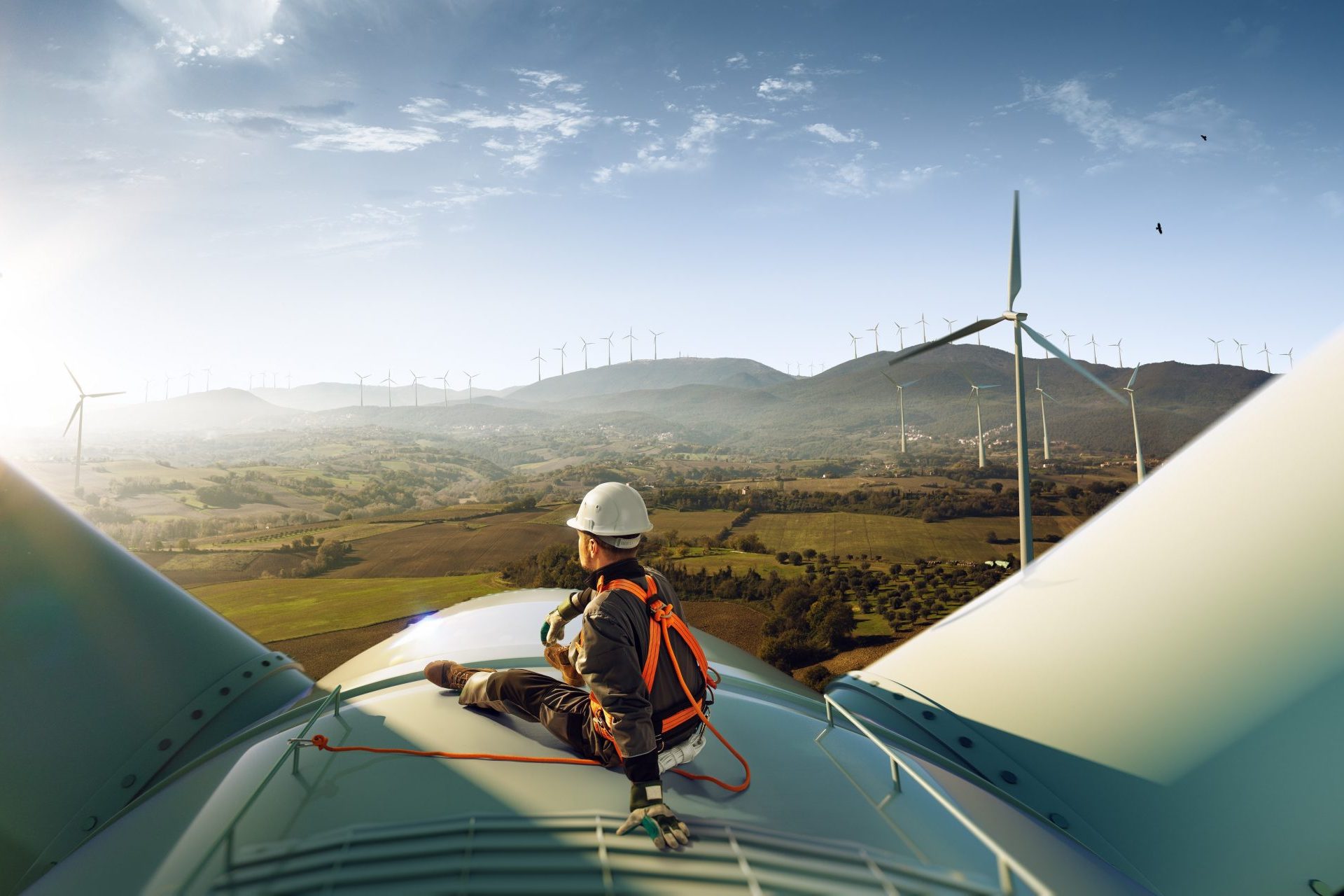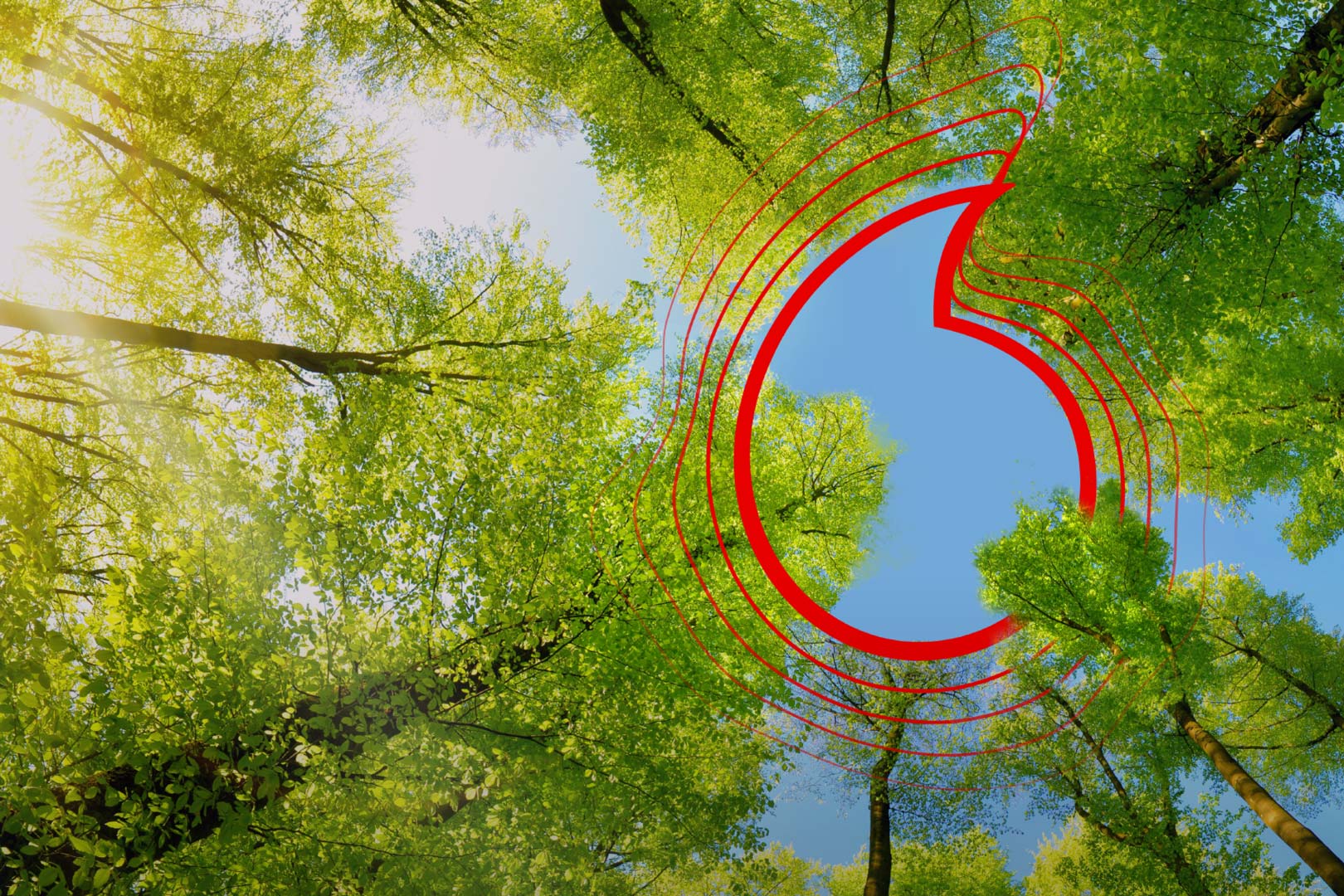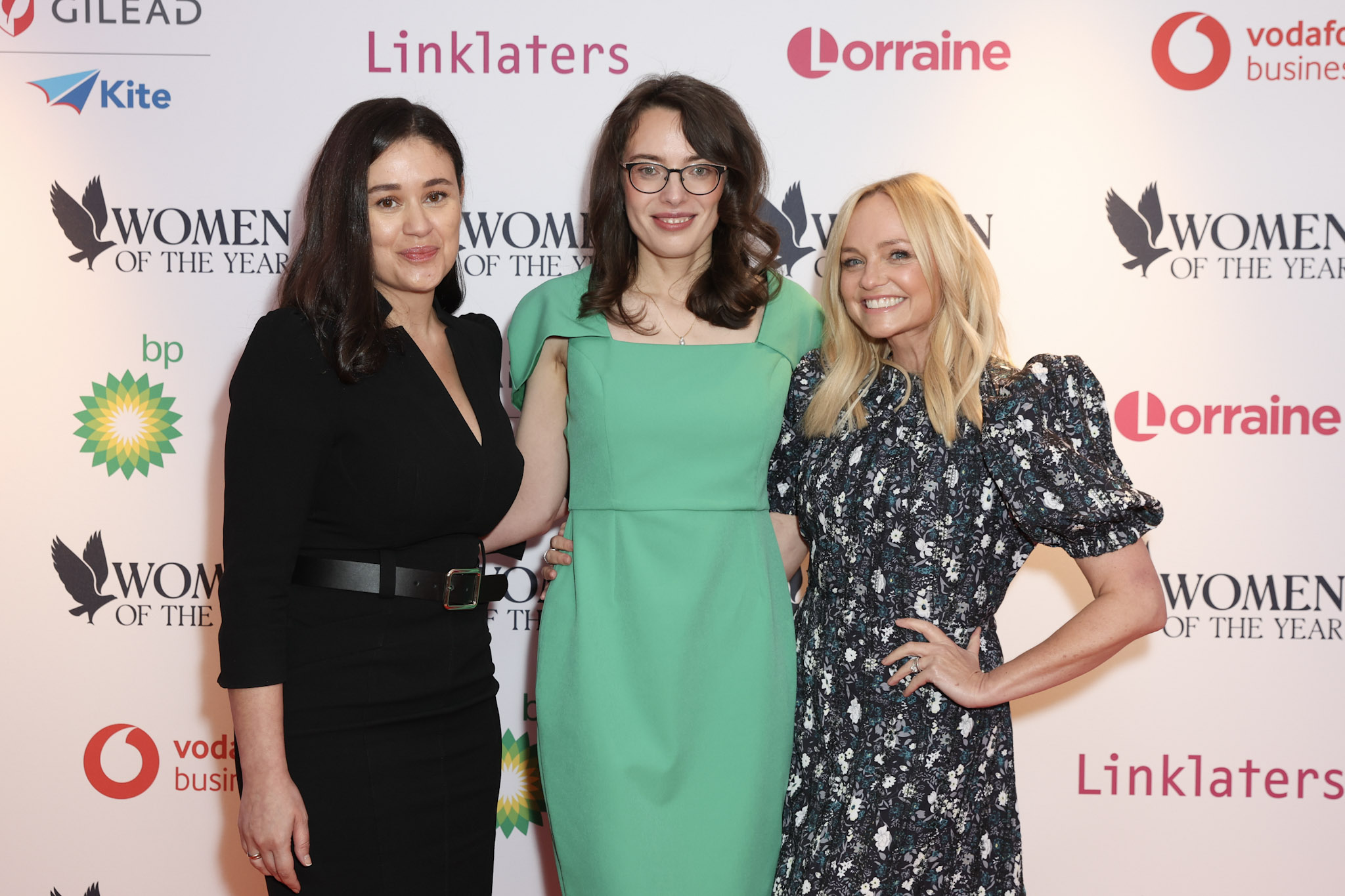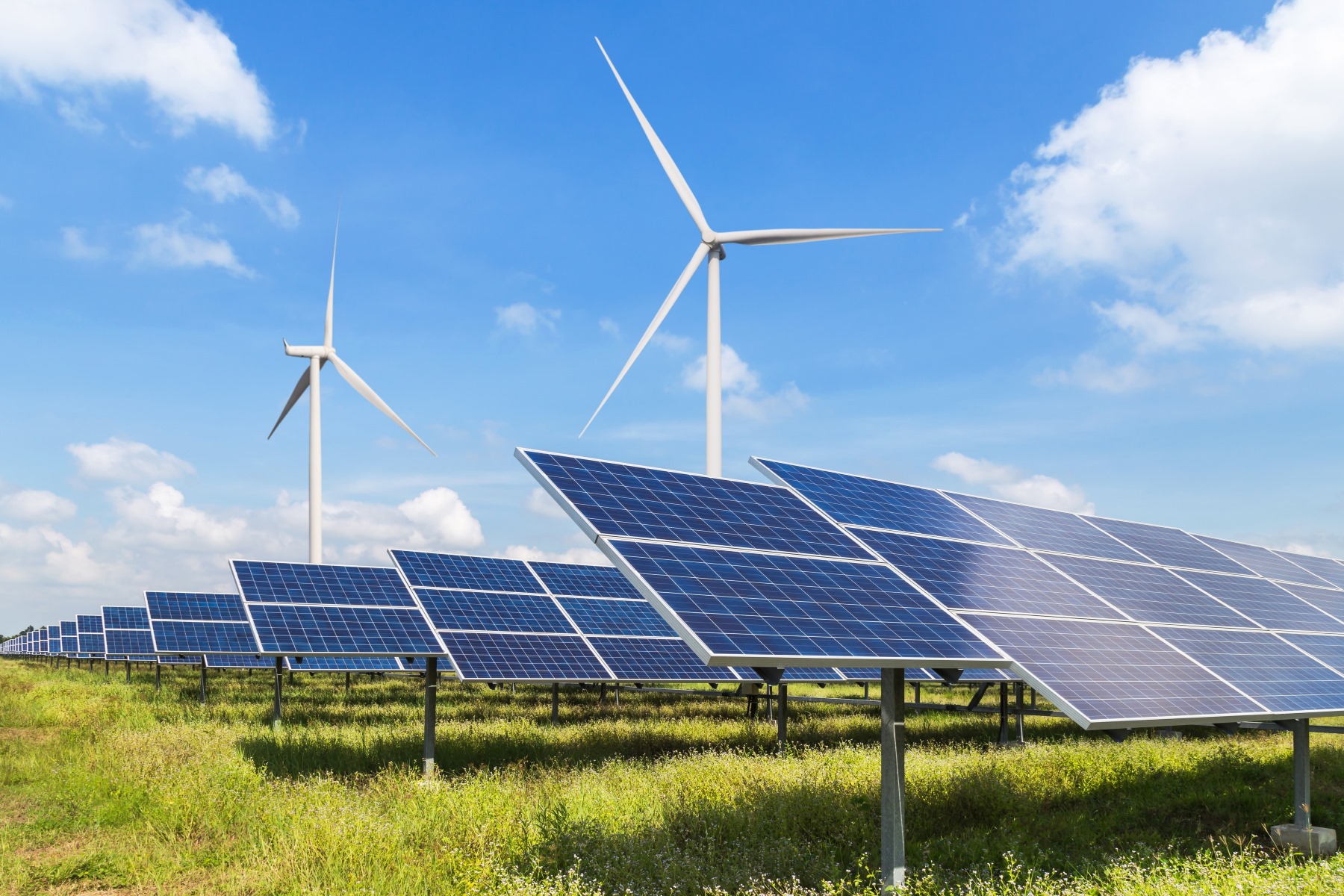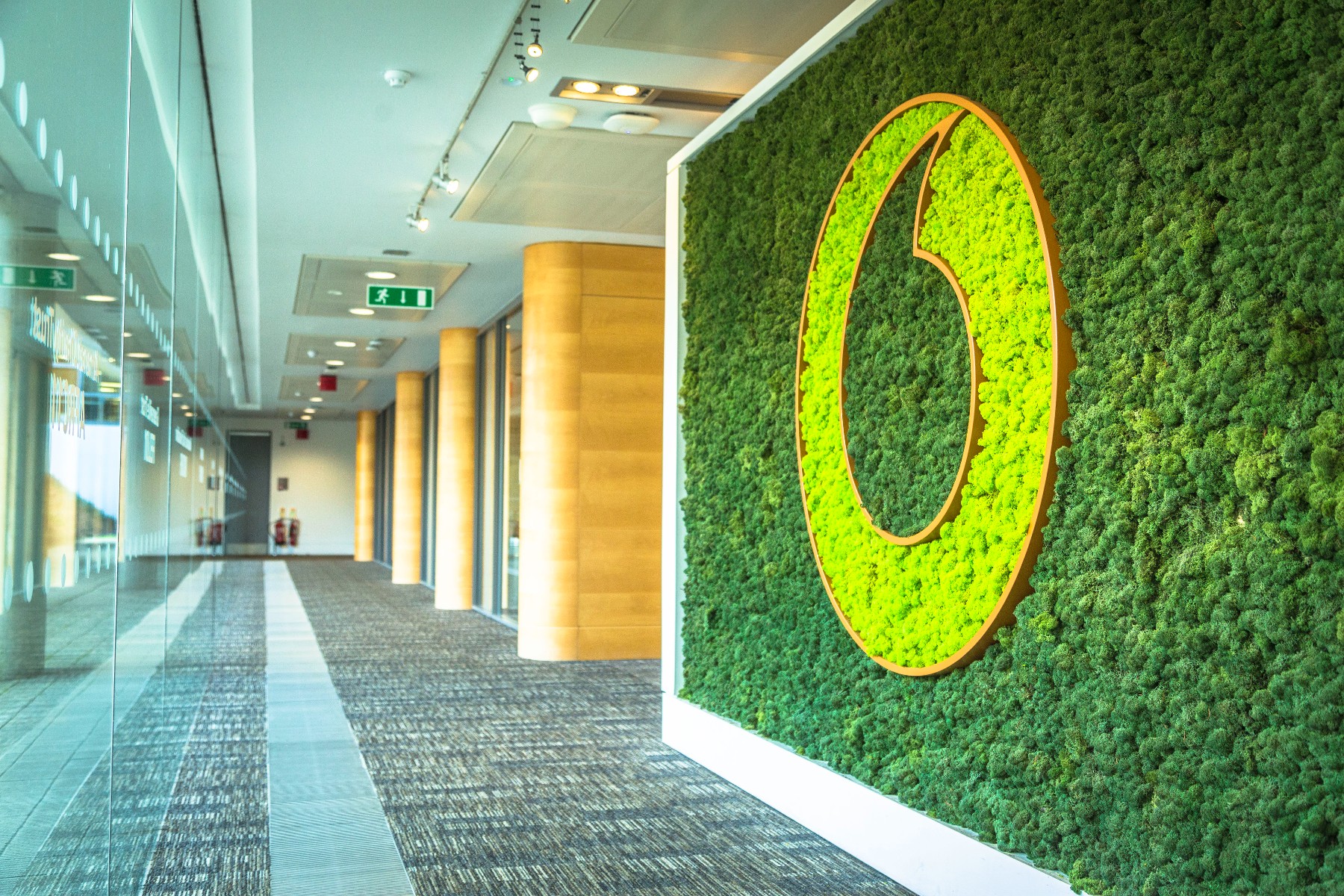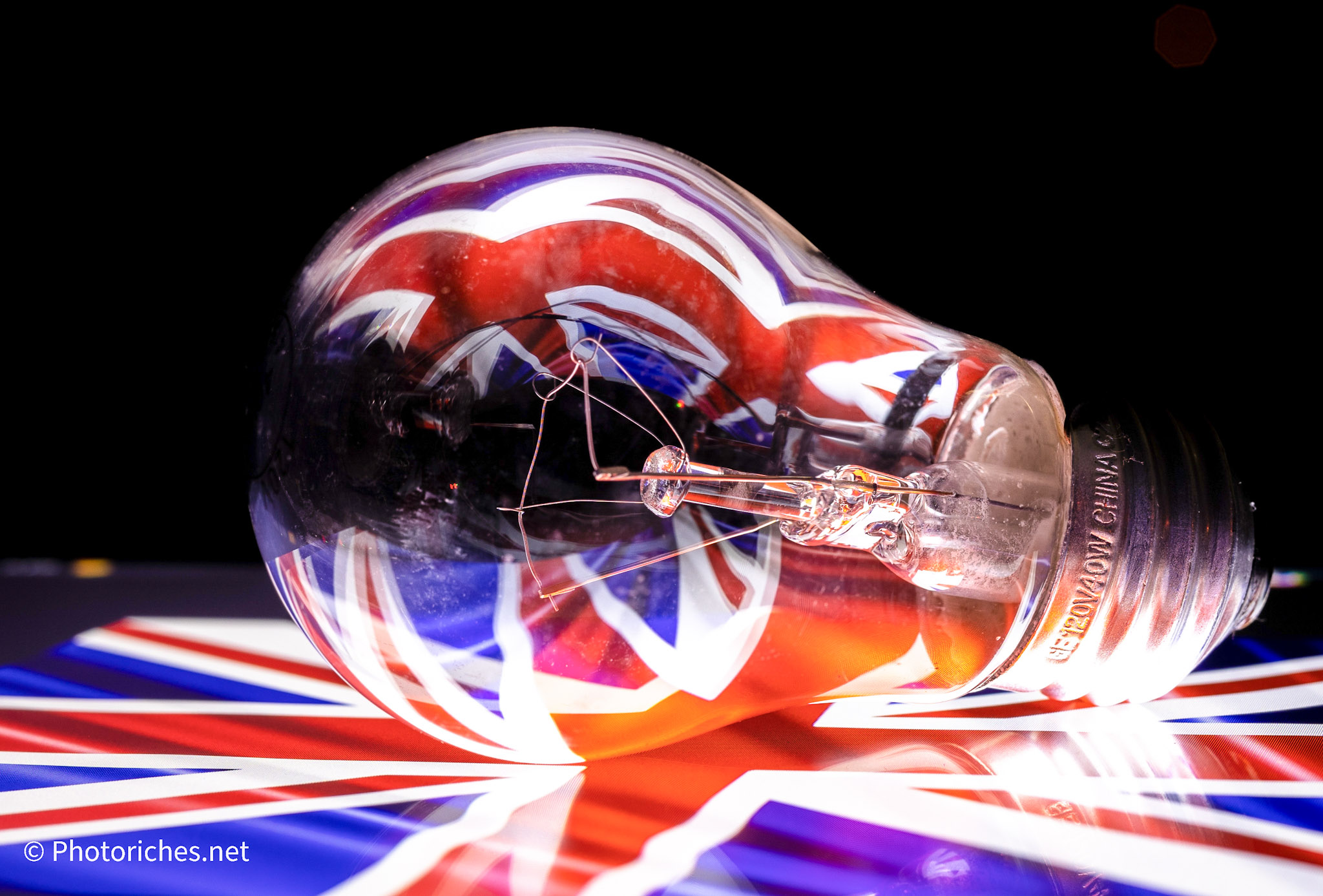Vodafone's UK CEO Ahmed Essam outlines the progress the company has made on its journey towards net zero carbon emissions for its UK operations by 2027.
World Environment Day falls roughly halfway between the environmental conferences, COP26 and COP27, so it seems an appropriate moment to reflect on the progress we’ve made so far on our way to net zero. And what more we need to do.
So much has changed since COP26 in Glasgow – a different phase of the global pandemic; the cost-of-living crisis; and the tragic war in Ukraine. But while the landscape has changed, our planet work hasn’t, nor has its importance.
We remain committed to cutting the carbon emissions from our business and network to net zero by 2027.
Switching to 100% renewable electricity, in July 2021, has had a huge impact: we’ve reduced carbon emissions from our UK operations by 55% [1] on the previous year, despite significant growth in our voice and data traffic.
I encourage all businesses to consider such a change.
Vodafone signs 10-year deal for three new solar farms in the UK securing clean energy and supporting its net zero ambitions
The deal helps support homegrown renewable energy as well as the UK's ambitions for long-term energy independence and security.
We recently signed a new 10-year power agreement with three new solar farms in Lincolnshire, Worcestershire and Nottinghamshire, securing their development and bringing additional renewable power provision to the UK grid. It’s this kind of visionary longer-term investment that gives renewable energy providers confidence to invest in the future.
And late last year, we announced a trial with Crossflow Energy and Cornerstone to build self-powered mobile masts that use a wind turbine and solar panels to generate their own electricity. We can build them in remote locations because we don’t have to dig trenches and lay power cables – making them faster to install and less impactful on the local environment.
I’m excited to report that our first self-powered mast should be going live in the next month or so. If the concept works well, we’ll be rolling out more of them.
And we’re trying to cut down on the amount of materials we use to run our business. To give just one example, we’ve switched to 100% recycled plastic SIM cards, and these are now starting to appear in our stores across the UK.
Vodafone SIM cards to be made from 100% recycled plastic
The rollout of the environmentally friendly SIM cards reduces CO2 emissions as part of the fight against climate change.
Helping others
So, we’re making transformative changes to the way we do things and putting environmental commitments at the heart of our decision making. But we strongly believe we have a duty to help our customers reduce their carbon emissions, too.
And the digital technologies we provide can play a big part in this.
The Internet of Things (IoT), for example, is helping many businesses around the world to become more energy efficient and reduce their carbon footprints. Globally, we estimate that nearly half (49%) of our 150.1 million IoT connections directly enabled customers to reduce their own emissions in the last year, avoiding an estimated 15.6m tonnes of CO2e – more than 14 times the Scope 1 and 2 emissions generated from our own operations [2].
Our research has shown that new technologies such as 5G and IoT could help the UK reduce its carbon emissions by 4% a year, particularly in the transport, manufacturing and agriculture sectors.
I think many businesses now realise that what’s good for the environment is also good for business. Becoming more efficient – using less energy and fewer materials – makes for a leaner, more profitable operation.
In February, we announced our circular economy plan to help extend the life of mobile phones and increase the reuse and recycling of handsets. Already in the UK, our customers can access circular services such as refurbished handsets, a market-leading digital platform with trade-in options, plus insurance, support and repairs to help them keep their handsets for longer. In the last year, around 120,000 devices were traded in and we recycled almost 30,000 routers [3]. A good start, but lots of potential for this to grow.
The Circular Economy: Everything you need to know
The ‘circular economy’ is one of the latest green catchphrases, but what exactly is it and is it achievable?
As I look ahead to COP27, I’m encouraged by our continued commitment to reaching our net zero target and the positive momentum we’ve achieved in a difficult global landscape.
Let’s continue to work together to deliver a cleaner, greener planet.
[1] Year to end March 2022
[2] Source: Vodafone Annual Report, 27 May 2022
[3] Year to end March 2022
Stay up-to-date with the latest news from Vodafone by following us on Twitter and signing up for News Centre website notifications.
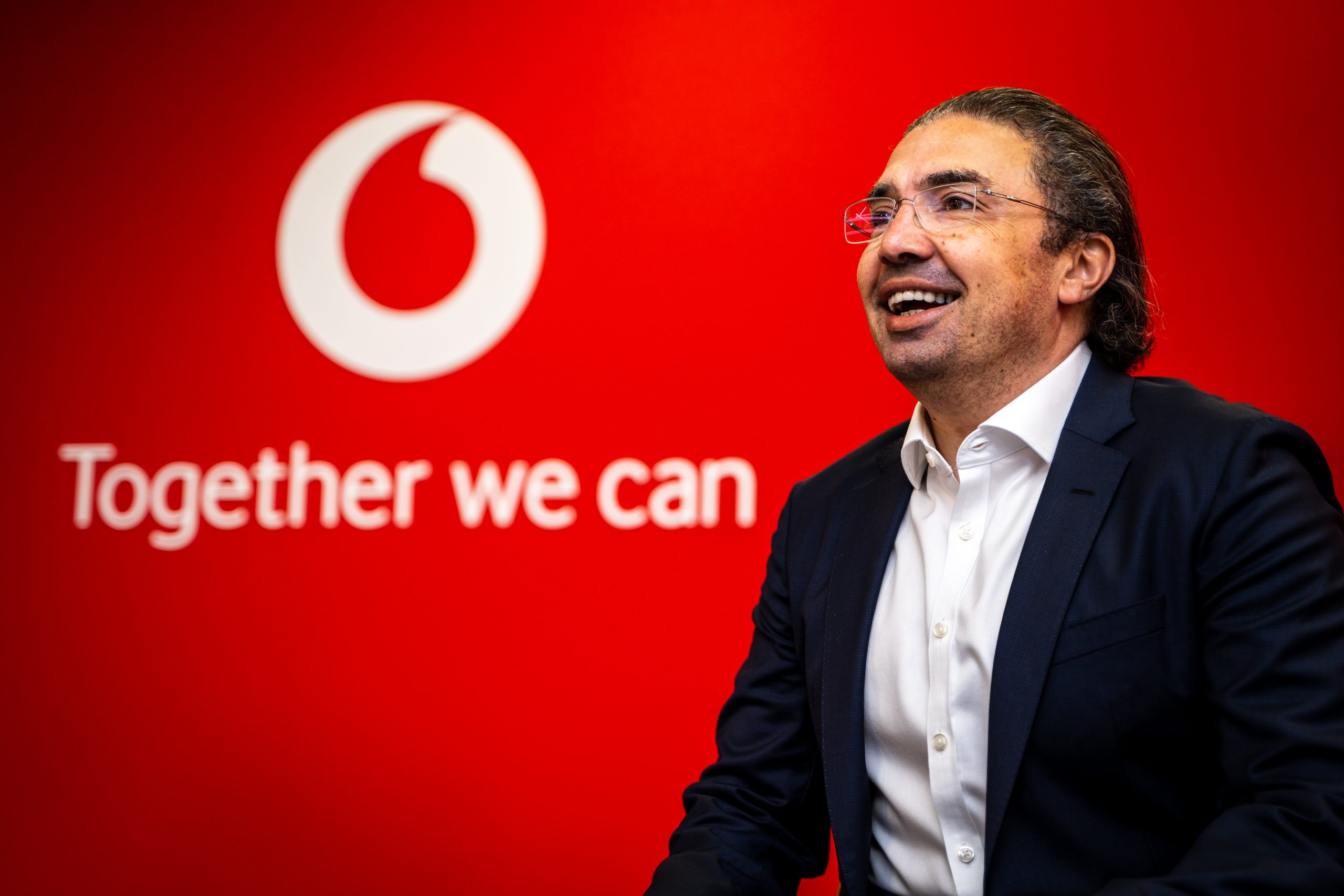
![1-happy woman with cleaning agent and phone[Adobe Stock] stock image of a woman using a smartphone while wearing rubber kitchen gloves and holding a spray bottle](https://www.vodafone.co.uk/newscentre/app/uploads/2024/04/1-happy-woman-with-cleaning-agent-and-phoneAdobe-Stock.jpg)

![Young Woman Cooking in the kitchen edited [Adobe Stock] stock image of a woman preparing vegetables in a kitchen](https://www.vodafone.co.uk/newscentre/app/uploads/2023/12/Young-Woman-Cooking-in-the-kitchen-edited-Adobe-Stock.jpg)
![Smart farm, agriculture concept, farmer use data augmented mixed virtual reality integrate artificial intelligence[Adobe Stock]](https://www.vodafone.co.uk/newscentre/app/uploads/2023/12/Smart-farm-agriculture-concept-farmer-use-data-augmented-mixed-virtual-reality-integrate-artificial-intelligenceAdobe-Stock.jpg)
